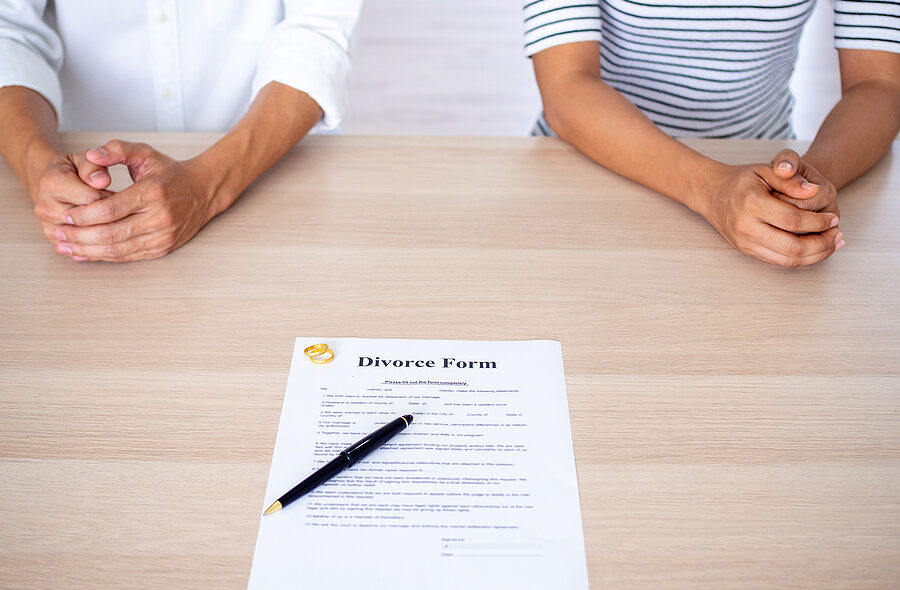People will hold off on filing for bankruptcy for several reasons, especially if they are in the midst of a pending divorce case. The fear is that a bankruptcy case will affect the ability of the parties in a divorce case to divide their property. While a bankruptcy case will not affect a family law court’s ability to handle child custody and child support matters, the bankruptcy will prevent the court from finalizing a division of marital property.
Automatic Stay
One of the reasons for this has to do with the automatic stay that is issued at the start of the bankruptcy case. As soon as someone files for bankruptcy, essentially all property owned by the person filing becomes part of the bankruptcy estate, meaning it is covered by the automatic stay. An automatic stay puts an immediate halt to all collection proceedings or legal proceedings involving the filer’s assets or debts. This halt applies to the ability to divide property of a marital estate during a divorce.
Chapter 7 or Chapter 13 Bankruptcy?
How the filer’s property is affected by a bankruptcy depends heavily on the type of bankruptcy being pursued. In a Chapter 7 bankruptcy case, the bankruptcy trustee has the ability to take whatever nonexempt assets the filer has and sell them to pay creditors. What this means to someone going through a divorce is any asset a person owns individually or jointly with a spouse is fair game, if that asset is not protected by an exemption. If a bankruptcy trustee is able to discern what the value of the spouse not pursuing the bankruptcy would have in the asset, the trustee can have the filing spouse pay the other party for his or her share in the asset with the sale proceeds. However, this task is not always an easy one to accomplish, which means the entire asset may be sold and used to pay down debts if necessary.
Alternatively, in a Chapter 13 bankruptcy case, the trustee does not have to sell property to pay down creditors. Creditors are paid through the filing spouse’s repayment plan. A repayment plan normally takes anywhere from three to five years, however, and most spouses are not willing to wait that long to finalize a divorce. In this situation, the filing spouse and his or her ex-spouse will need to request permission from the bankruptcy court to divide property in the divorce. If this can be done, courts are more likely to allow it.
Child Support and Child Custody Orders
While the bankruptcy court is sorting out the assets and debts of the parties, this does not mean that other family matters cannot be decided. The automatic stay only applies to the division of property in a divorce. The divorce court is still able to issue child support orders, as well as child custody orders. The only matter that may not be able to quickly be finalized is issues regarding property.
Ultimately, if someone is going through a divorce and is considering bankruptcy, as well, it is important that he or she first consult with an experienced bankruptcy attorney to discuss any complications the bankruptcy case could present in a divorce matter.
Please click here to read more.
If you have questions on this topic or are in financial crisis and considering filing for bankruptcy, contact an experienced Miami bankruptcy attorney who can advise you of all of your options. As an experienced CPA as well as a proven bankruptcy lawyer, Timothy Kingcade knows how to help clients take full advantage of the bankruptcy laws to protect their assets and get successful results. Since 1996 Kingcade Garcia McMaken has been helping people from all walks of life build a better tomorrow. Our attorneys’ help thousands of people every year take advantage of their rights under bankruptcy protection to restart, rebuild and recover. The day you hire our firm, we will contact your creditors to stop the harassment. You can also find useful consumer information on the Kingcade Garcia McMaken website at www.miamibankruptcy.com.
Additional Resources:


